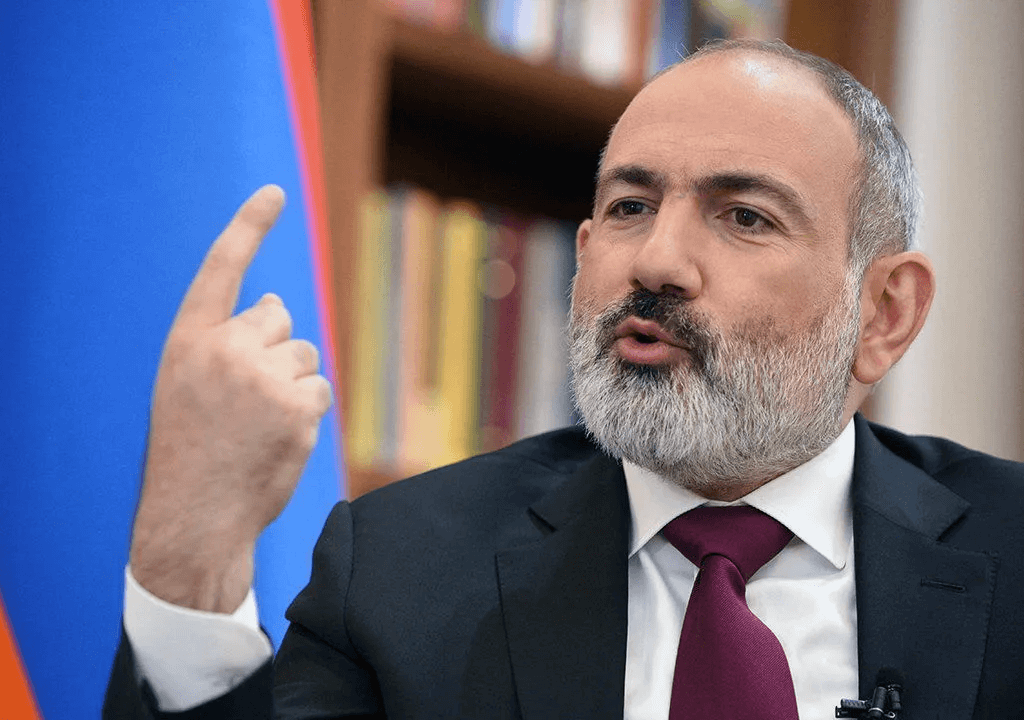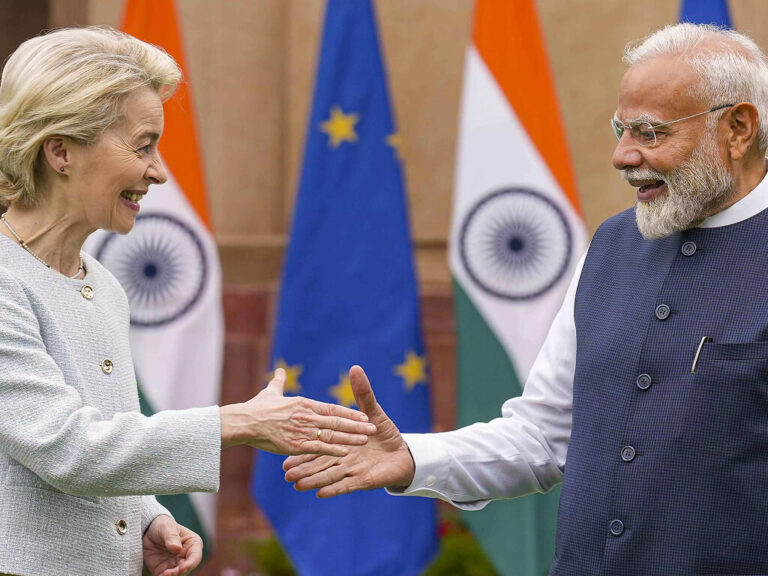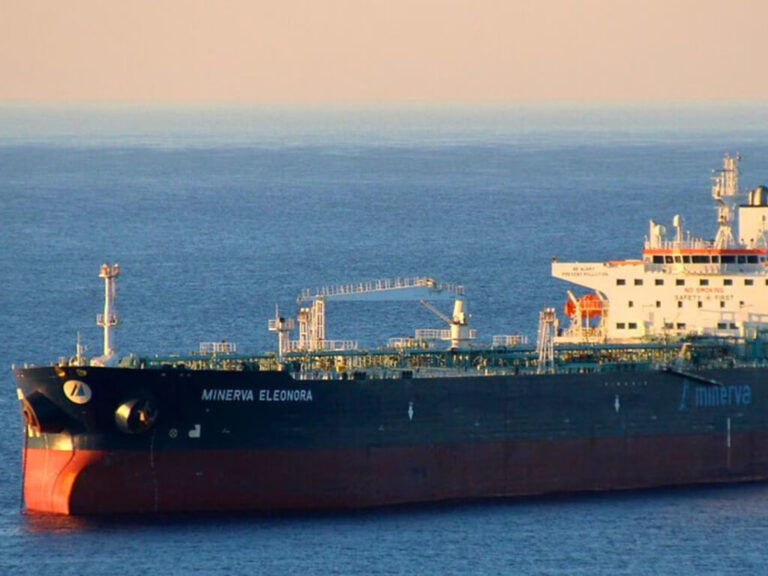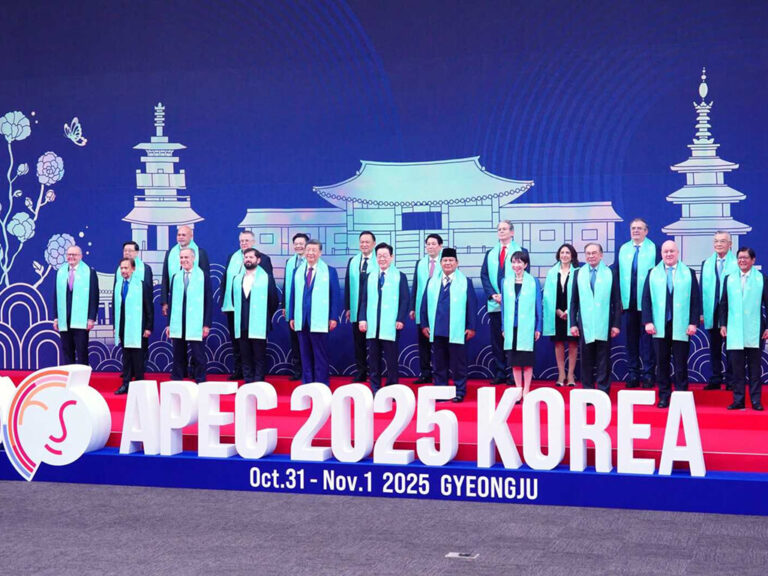Amid the complex geopolitical tensions in the Caucasus, Armenia, traditionally aligned with both Russia and Iran, is shifting its focus firmly toward the West. As the world’s oldest Christian nation, Armenia is now resolute in its efforts to sever long-standing ties with Moscow and navigate the hurdles of Turkish blockades to move closer to Europe and Western powers.
In recent days, Armenia has taken important steps to strengthen its growing relationship with the United States and the European Union. On January 14, US and Armenian diplomats signed a strategic partnership agreement, laying the foundation for deeper trade, political, and strategic ties. A few days earlier, Armenia passed key legislation aimed at advancing its bid for European Union membership. Prime Minister Nikol Pashinyan called the EU Integration Act, adopted on January 9, a historic milestone but emphasized that the path to EU membership would be long and challenging, requiring sustained political will and broad public support. He later clarified that the adoption of the law does not automatically mean Armenia is joining the EU, as that decision can only be made through a referendum, not by legislation or a government decree.
On January 13, Prime Minister Nikol Pashinyan held talks with European Council President António Costa, focusing on the fragile peace process between Armenia and Azerbaijan. Efforts toward a long-term resolution to their protracted conflict faced a setback when Baku revived its demand for extraterritorial rights, seeking a land corridor to connect Azerbaijan with its Nakhchivan exclave. This renewed demand poses a risk of further territorial losses and humiliation for Armenia, already struggling with significant setbacks, and is escalating hostilities toward Azerbaijan, Turkey, and Russia. In a social media post, Costa reaffirmed the EU’s commitment to strengthening its partnership with Armenia, highlighting their shared values and outlining initiatives to deepen cooperation in areas such as security, economic growth, democratic governance, and people-to-people ties.
Throughout the post-Soviet era, Armenia had heavily relied on Russia for economic and strategic support. Traditionally, it was considered firmly within Moscow’s orbit as a member of the Eurasian Economic Union (EAEU) and the Collective Security Treaty Organization (CSTO). However, after suffering a decisive defeat in Karabakh, Pashinyan’s government began reassessing the value of its relationship with Russia. For Armenia, it became evident that Russia preferred Azerbaijan, largely due to shared economic activities and mutual interests, which proved deeply unsettling. This alignment comes at a time when Armenia is already uneasy about the growing influence of the Turkic world, with Turkey to its west and Azerbaijan to its east promoting a unified Islamic Turkic identity that makes Armenia feel isolated. With Russia aligning itself more closely with this bloc, Armenia finds itself cornered, prompting what appears to be a tentative outreach to Europe.
Armenia’s geopolitical challenges are compounded by its lack of direct geographical connectivity to Europe. Unlike Georgia, which enjoys access to the Black Sea, Armenia is landlocked, making its path to stronger ties with Europe particularly difficult. Georgia’s political gridlock, with its government leaning toward Russia, further isolates Armenia from Europe, creating significant logistical and security hurdles for both Armenia and the EU. Despite these challenges, Armenians appear confident in addressing these obstacles. Some observers suggest that Europe may have broader strategic motives for fostering closer ties with Armenia. By strengthening its relationship with Yerevan, Europe could be positioning itself to exert influence on neighboring Iran, where discontent with the Islamic regime persists among segments of the population who take pride in their rich Persian heritage. For Europe, Iran’s cultural and historical legacy remains appealing, making such a shift strategically enticing.
The Kremlin has responded to Armenia’s recent moves with a mix of irritation and indifference. On January 14, Kremlin spokesman Dmitry Peskov reiterated that Russia continues to view Armenia as a close partner. At the same time, he criticized the United States for allegedly instigating instability in the Caucasus, claiming that Washington seeks to undermine emerging nations and has never contributed to stability in the region.
Armenia’s adoption of the EU Integration Act has raised immediate questions about its future in the Moscow-led Eurasian Economic Union (EAEU). While Armenian officials have suspended the country’s membership in the Collective Security Treaty Organization (CSTO), they insist there are no plans to leave the EAEU. Russian officials, however, have firmly stated that dual alignment with both the EAEU and the European Union is untenable. Russian Deputy Prime Minister Alexei Overchuk clarified that the two unions are fundamentally incompatible because both demand the elimination of customs barriers and the unrestricted movement of goods, services, capital, and labor. He described EAEU membership as a privilege and likened EU membership to a doomed endeavor, drawing a comparison to boarding the Titanic because of the economic and social challenges within the EU. Overchuk further predicted that Armenians would face substantially higher costs for consumer goods and energy if the country were to leave the EAEU. Which is a decent threat targeting common people.
The EU Integration Act represents a milestone for Yerevan, marking what feels like the conclusion of the opening chapter in its long and complex journey toward full membership. Yet, this moment is less a victory than a harbinger of the monumental challenges that lie ahead. Beyond the Herculean task of aligning Armenian legislation with the rigorous standards of the European Union, the nation faces the equally daunting imperative of brokering peace with Azerbaijan—a prerequisite for any substantive progress.
In recent months, the prospects of a durable peace agreement have grown increasingly tenuous. However, the dynamics of the Caucasus have long been characterized by their mercurial nature, where stasis can suddenly give way to opportunity. Take, for instance, the undercurrent of tension between Azerbaijan and Russia, fueled by the Kremlin’s refusal to assume responsibility for the downing of an Azerbaijani airliner by its air defenses in Chechnya. Should this rift deepen, Baku might find itself recalibrating its hardline stance toward Armenia, offering a glimmer of hope for the peace process to regain momentum.








